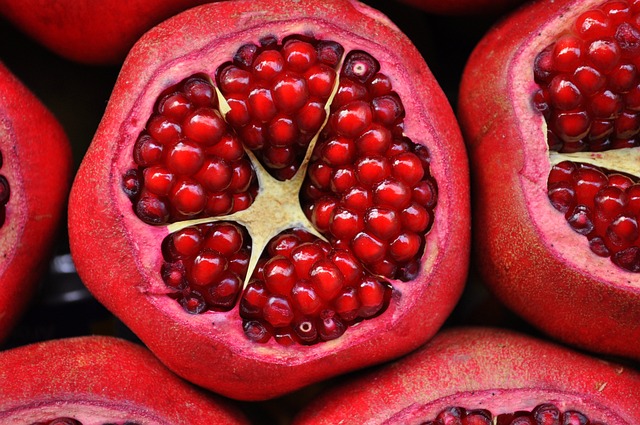Aging Gracefully with Probiotics: Unlocking the Fountain of Youth
Introduction:
Aging is an inevitable part of life, and many individuals strive to maintain a youthful appearance and optimal health as they get older. While there is no magic pill for eternal youth, there is one essential component that may contribute to aging gracefully – probiotics.
What are Probiotics?
Probiotics are live bacteria and yeasts that are beneficial for our health, especially our digestive system. They can be found in certain foods and supplements. The most common types of bacteria that fall under the probiotic category include Lactobacillus and Bifidobacterium. These microorganisms have been extensively studied and have shown numerous health benefits.
The Gut-Brain Connection:
Many may wonder how the gut and brain are connected. Recent research has uncovered that there is a close relationship between the gut and brain, often referred to as the gut-brain axis. The gut has its own nervous system, known as the enteric nervous system, which communicates with the brain through neural connections.
Probiotics can play a crucial role in maintaining a healthy gut-brain axis. They have the ability to influence the production and function of neurotransmitters, which are essential for regulating mood, cognition, and behavior. Furthermore, research has shown that disturbances in the gut microbiota, such as an imbalance between beneficial and harmful bacteria, may contribute to various age-related cognitive disorders.
Enhancing Immune Function:
As we age, our immune system may start to weaken, making us more susceptible to infections and diseases. Probiotics have been shown to enhance immune function, thus assisting in the prevention and management of age-related health conditions.
Studies have demonstrated that certain strains of probiotics can stimulate the production of antibodies, increase the activity of immune cells, and reduce chronic inflammation. These effects can ultimately support a robust immune response, helping older adults maintain their overall health and well-being.
Promoting Skin Health:
The skin is the largest organ in the body and plays a significant role in our overall appearance. One of the visible signs of aging is the development of wrinkles, fine lines, and skin dryness. While many individuals rely on expensive creams and cosmetics, the secret to youthful-looking skin may lie within our gut.
Probiotics have been found to have a positive impact on skin health. Studies suggest that consuming probiotics can help improve skin hydration, reduce skin inflammation, and even address certain skin conditions such as acne and eczema. By nourishing the gut microbiota, probiotics can enhance the skin’s natural barrier function and promote a healthier complexion.
Promoting Longevity:
The quest for longevity has been a fascination for humanity throughout history. While there is no magical elixir of life, maintaining a healthy lifestyle combined with the consumption of probiotics may offer some advantages in the journey toward a longer life.
Research conducted on various organisms, including worms, flies, and mice, has shown that supplementation with certain strains of probiotics can increase lifespan. While these findings cannot be directly translated to humans, they do suggest that probiotics have the potential to influence the aging process.
Conclusion:
As we age, taking care of our body becomes increasingly important. While the aging process is inevitable, incorporating probiotics into our daily routine may help us age gracefully. From supporting the gut-brain axis to enhancing immune function and promoting skin health, probiotics offer a wide range of benefits that contribute to overall well-being and vitality.
By nourishing our gut with these beneficial microorganisms, we may be able to unlock the secrets of the fountain of youth and enjoy a higher quality of life as we grow older.







